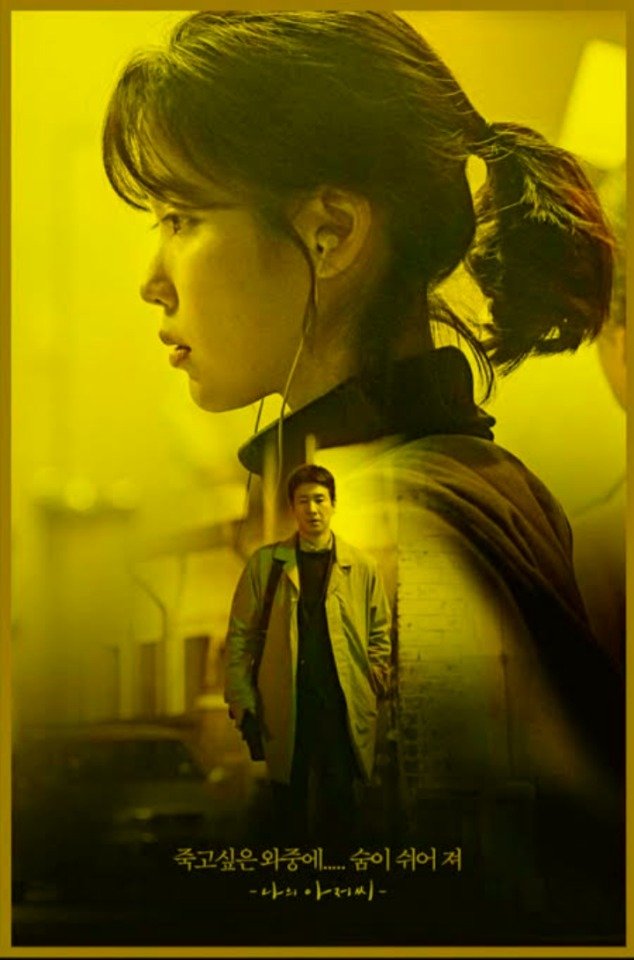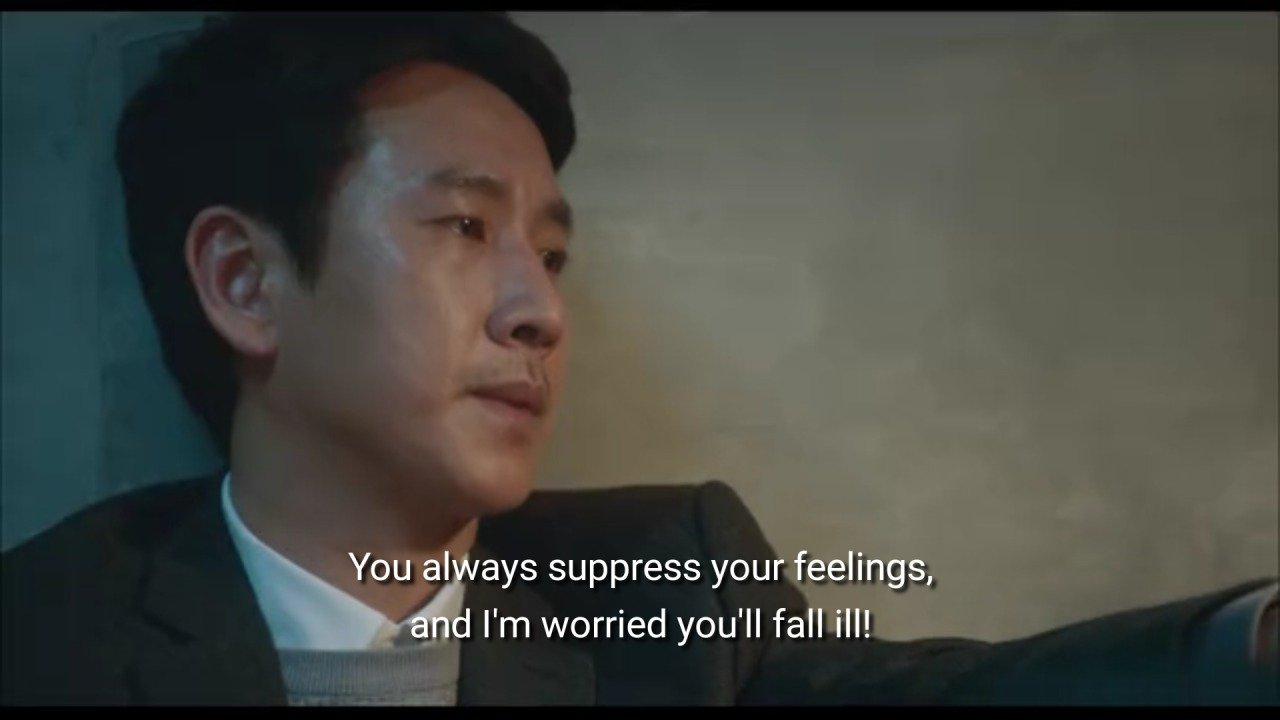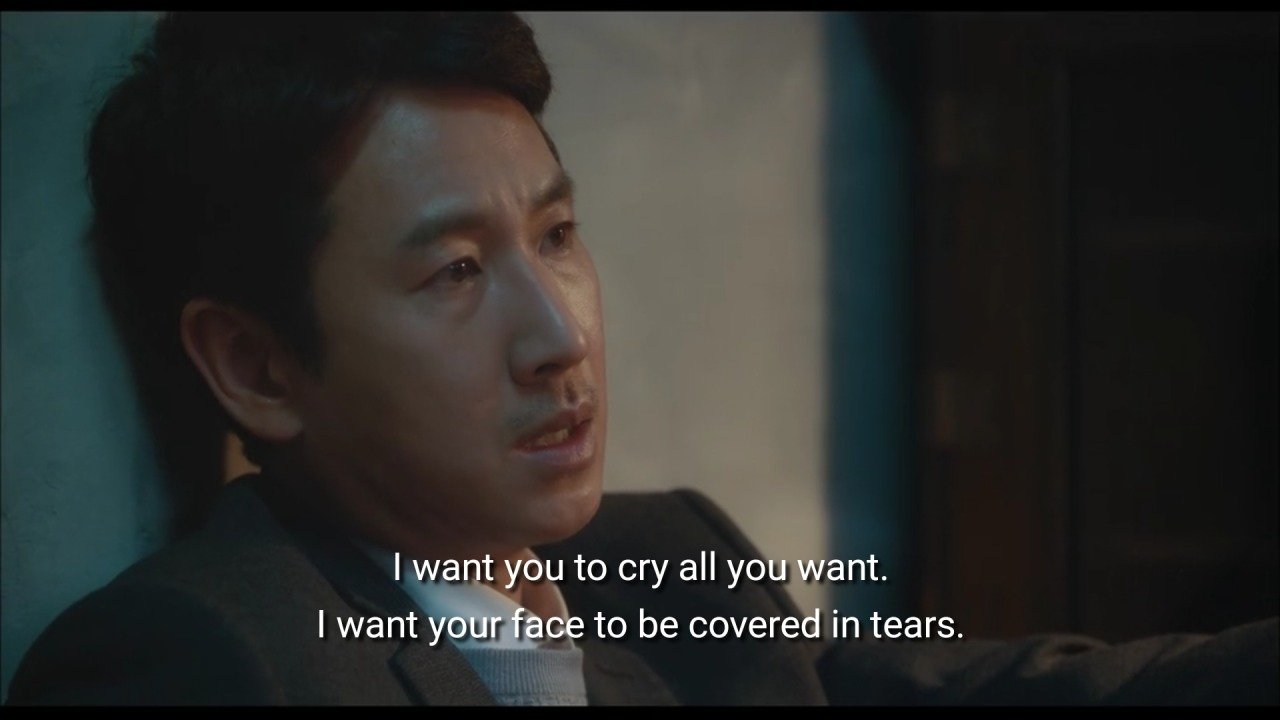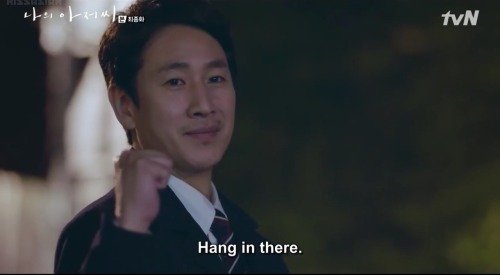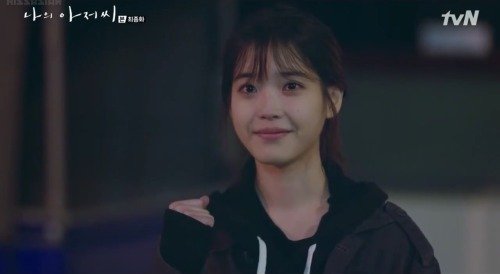I am not immune to being manipulated by algorithms. In as many months, I have ended up watching my third Korean drama, My Mister, after crime thriller Signal (good) and romantic comedy What’s Wrong With Secretary Kim? (silly), on Netflix. Are there more ominous words than “you might like watching” when you’re trying your best to be productive? No matter, because I watched My Mister and it is a brilliant study in happiness. All praises, no guilt.
Park Dong-hoon is a structural engineer and Lee Ji-an a temporary worker for a firm where the executives surprisingly invest a lot of time in office politics. The diffident, aloof, rude Ji-an shakes Dong-hoon out of his passivity when she swipes the vouchers sent to him by accident as a bribe. She is desperate to get a loan shark off her back and he cannot afford to get fired with two unemployed brothers to support. Things are serious and it is near impossible to be truly carefree and happy.
Events transpire such that Ji-an is now eavesdropping on Dong-hoon 24×7 (or at least whenever he has his phone on him). What does it take to really understand someone? Listening to them breathing, sighing, contemplating suicide, and deciding not to die that day because they don’t have expensive underwear on? They are companions in misery, learning to be respectful of the hardships in each other’s lives, and instinctively helping the other when and however they can. This is not romantic love or a platonic friendship, it is a new definition of intimacy and kinship.
Every building is like a struggle between external and internal forces. Wind, weight, tremors, we have to take into account all external factors that may affect the building so the design has to be able to withstand all that. We always have to make sure that the internal forces can withstand the external forces. And life, in a way, is a struggle between internal and external forces too. No matter what happens, you’ll be able to withstand anything if you have sufficient internal forces.
Dong-hoon explaining structural engineering to Ji-an, My Mister (E08)
Watching the show, it is natural to commiserate with the characters when they are feeling stuck, self-soothing or numbing (whichever way you look at it), stubborn, wild, and defeated; falling short of expectations, vulnerable, sorry, empathetic, and kind. It is cathartic and you really hope the pitiful characters also allow themselves to be free of their emotional burdens. It really isn’t advisable to keep it all in, you’ll fall ill!
My Mister is also notable for its unpretentiousness. The characters are sincere and dutifully plod on with their life enduring hardships. These lows eventually turn into frustration and heavy drinking to let off steam, which is relatable and yet also heartbreaking. For all intents and purposes, all of its main characters have tragic stories. But in a rather unsentimental way, each of these characters display extraordinary courage as they go about their lives; in painful awareness of the tedium of everyday life, they simply live. It is reverse psychology in action, a life-affirming aspect to the unavoidable weltschmerz.
It is no big deal, it is nothing, let’s be happy. Because that is how you repay the kindness of the people in your life.

